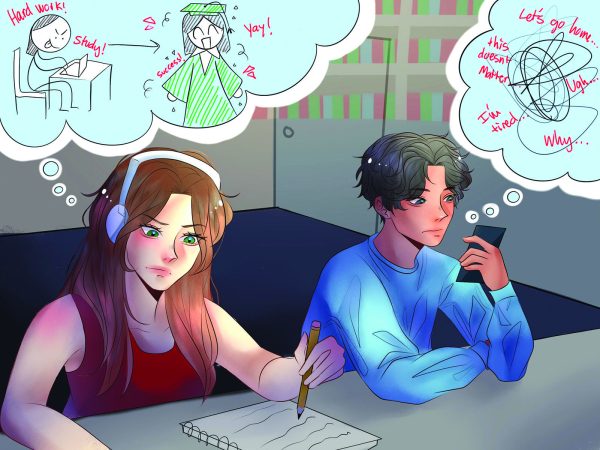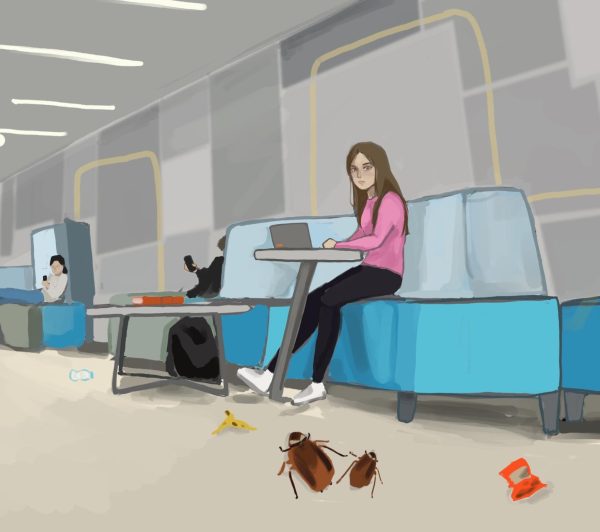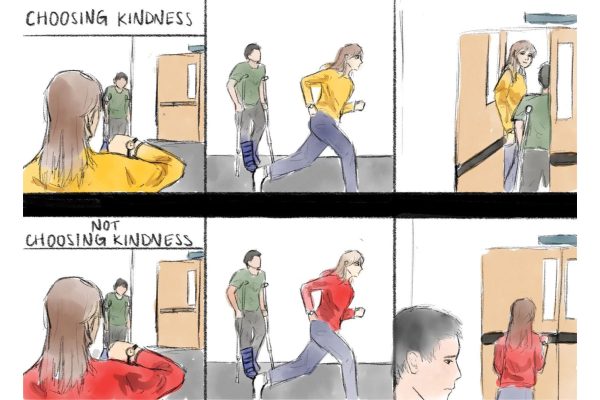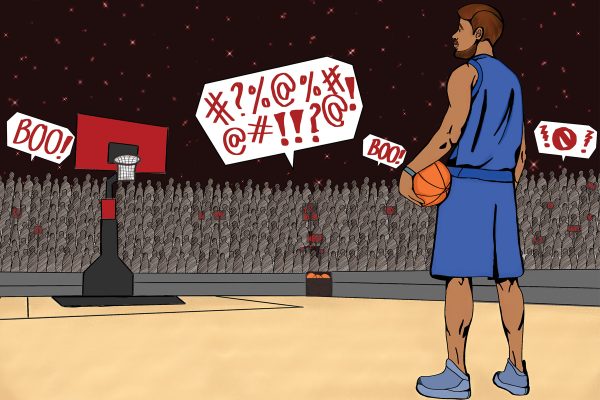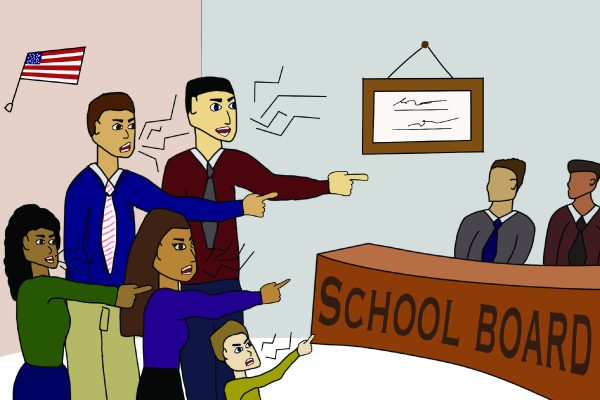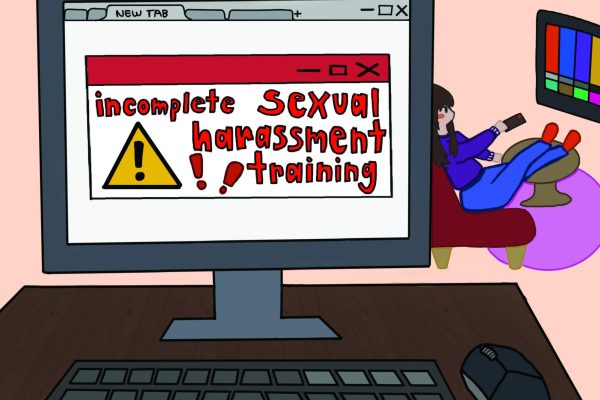Love whomever you want
It all started with a simple question.
“Who’s your celebrity crush?”
Bracing myself for a potentially adverse reaction, I innocently replied, “Ellen DeGeneres.”
An all-too-familiar twinge of confusion appeared on this person’s face. She continued, “No, but who’s really your celebrity crush?”
At this point, I knew how the conversation was going to end. I countered, “I mean, I really do love Ellen. But, if you want me to choose someone else, I’ll have to go with Rachel Maddow. Or Janelle Monáe.”
An awkward silence filled the air for a few seconds. Although we hastily moved on to another, less “controversial” topic, I couldn’t shake the feeling that indirectly revealing my sexuality had negatively changed this person’s image of me. The conversation was a troubling reminder of how ingrained heteronormativity is into our society.
I know what you’re thinking: what exactly is heteronormativity? It’s society’s tendency to categorize heterosexuality as the default or the only acceptable norm. You can probably recognize it nestled in most social contexts. It’s present in your U.S. History class when the textbook reduces the significant efforts of early LGBTQ+ activists to a single key term. It’s entrenched in Glenbrook North’s Homecoming and Turnabout traditions. It’s an unyielding force in your family when you’ve never disclosed your sexual orientation to your aunt, yet she gives you unsolicited advice on which types of men to marry.
You might think questioning and dismantling heteronormativity is too much effort, but it’s as simple as not assuming someone’s sexuality and avoiding homophobic statements. These small tweaks can make all the difference for LGBTQ+ individuals, because daily interactions with friends, teachers and family members are often grating reminders that LGBTQ+ identities have still not been normalized.
In fact, the detrimental effects of heteronormativity ripple beyond the LGBTQ+ community — they affect straight people by stifling healthy conversations about sexuality. By integrating LGBTQ+ identities into our mindsets and conversations, everyone can benefit from expanding their worldview. In the classroom, teachers should challenge students to think about other sexualities or genders by encouraging them to ask questions. Parents should actively portray LGBTQ+ identities in a positive light regardless of their kids’ sexual and gender orientation. When peers come out of the closet, their friends should attempt to view the world through a LGBTQ+ perspective in order to provide adequate support.
Thankfully, some of these support systems were already in place for me, and they helped me accept myself for who I am. I’ve learned to use my voice to amplify my experiences with my marginalized identity for the sake of creating a more tolerant world.
Regardless of who we love or don’t love, maybe we’re all just trying to stay afloat in a complicated world. My crush on Ellen DeGeneres doesn’t change who I am, but your reaction to it reveals your biases. What will you do to alter them?


